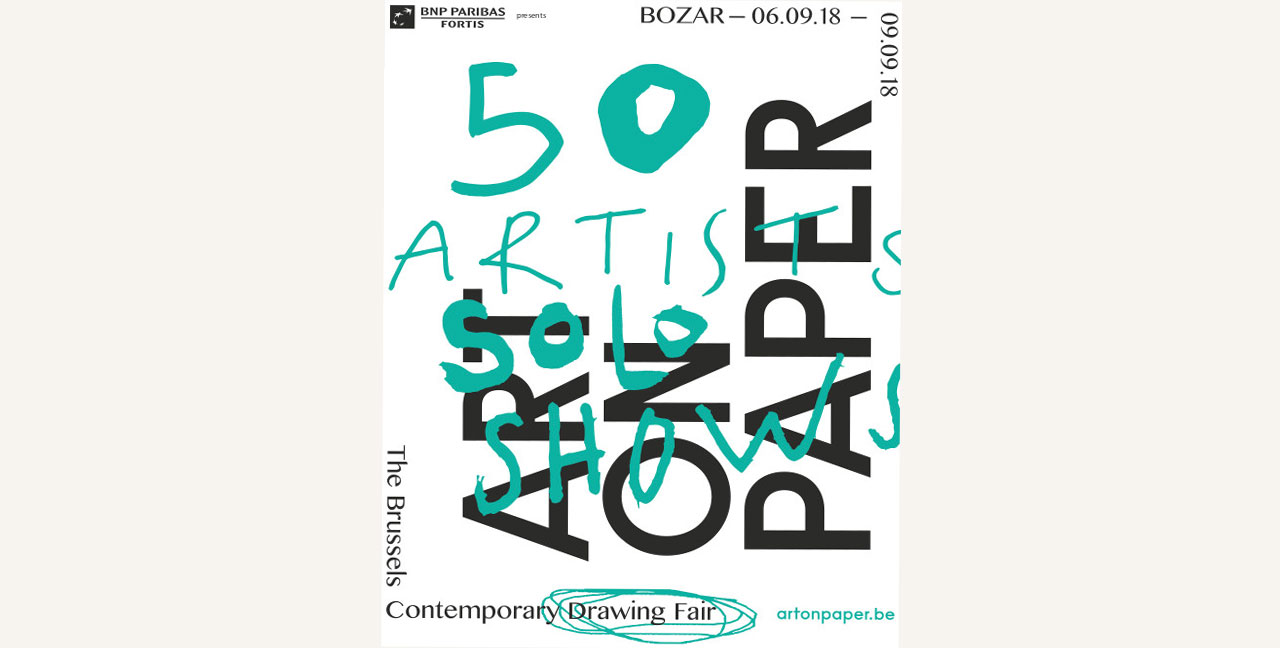6 - 9 September 2018
Art on Paper

In September 2018 LMNO will present two solo exhibitions by VOID, an artist duo founded in Brussels in 2013 by Arnaud Eeckhout (Belgium, 1987) and Mauro Vitturini (Italy, 1985).
Fascinated by the invisibility and immateriality of sound, VOID gives shape to this absence through a multidisciplinary practice that goes from installations, sculptures, videos, drawings to texts, performances, books and public space interventions. VOID?s constant challenge is to approach sound as a medium to read and represent reality, and use it the same way a painter could use a colour or a brush.
Not Every Flag Has the Same Shadow is the title of the exhibition that will inhabit the space of the LMNO gallery, with an immersive installation that addresses the question of collective identity and the symbols that contribute to build it. Monuments, flags, blazons, hymns, pledges, ceremonials, objects... In addition to their functional interest, these fictional devices generate a genuine visual, sonic and performative language of their own. VOID?s investigation tries to deconstruct and question both their function and their syntax, questioning by extension the nature of that intimate but collective feeling of identity.
Meanwhile, the second project of the collective The Audible Past will take place at BOZAR?s Art on Paper fair. Here they will present a brand new series of drawings, linked to sound recording, a notion that punctuates their production (Au clair de la lune, 2017 - Glasswork, 2017 - Bruit Blanc, 2015).
Historically, sound recording marks a major turning point, making sound an object per se, transportable, collectable, autonomous from its source. This freed the past from silence, making itan audible thing. Memory has now ears.
The first sound recording of history was made on a piece of paper by Edouard-Léon Scott de Martinville in 1860. He engraved the soundwaves of his voice with a phonautograph on a piece of paper covered in lamp black. The series Phonautogram by VOID exhumes this technique in order to generate drawings, visual traces left by a sound that has been recorded in a given space. The constitutive features of those images are apart of the acoustic history of that place.